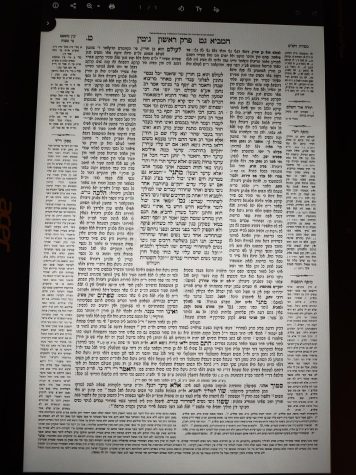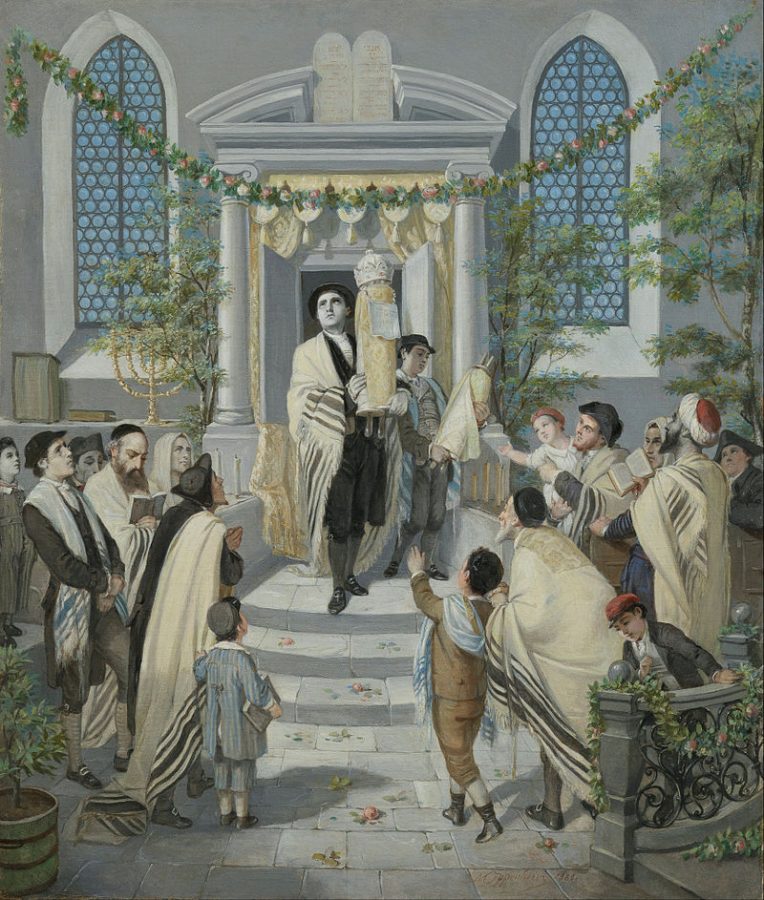Shavuot – A day of cheesecake and all-night study has begun!
The past evening of the 25th marked the beginning of the long-awaited Jewish holiday of Shavuot. It is the commemoration of the revelation of the Torah to the Jews on Mount Sinai, and the traditional start of the spring harvest in the Land of Israel. The holiday begins 7 weeks after the second day of Passover, with no set date in the Hebrew calendar. It was also considered the original day of Pentecost in Early Christianity. Scholars have estimated that the Jewish people were given the Torah around 1312 B.C.E, making Shavuot one of the most ancient celebrations of today.
The holiday is the only biblical holiday that doesn’t have specific rules in how it’s meant to be celebrated, but a few customs have emerged over the millennia. Back when there was a temple in Jerusalem, Shavuot was one of three holidays in which Jews would go to the temple to offer sacrifices to God. Today, the holiday is well-known for the customs of eating dairy products, reciting medieval poems in synagogues, reading the book of Ruth from the Bible, studying the Torah, and decorating homes and temples with greenery.

Despite relatively light ritual for the holiday, it is the only day in which observant Jews pull an all-nighter to study Torah, but unlike the high school students who do the same to get that good test grade, the Tikkun Leil Shavuot as it is called is done in a much more communal way in the traditional mode of Jewish partner study known as Khavruta (חברותא), many non-Orthodox groups have also taken the tradition and pull all-nighters on topics such as Jewish history, current events, and other important texts of Jewish literature. And of course, a lot of coffee and cheesecake is served throughout the whole thing.
Finally, some delightfully modern traditions have sprung up in Israel, as Shavuot is considered the unofficial holiday of water where families go swimming, have water balloon fights, and any other beachy activity one can imagine, perhaps somewhat inspired by Memorial day.
All in all, the holiday presents a rather diverse range of traditions for many different groups of Jewish people of all levels of observance. It is a great holiday that represents the many ways Jewishness manifests, despite some common assumptions.


